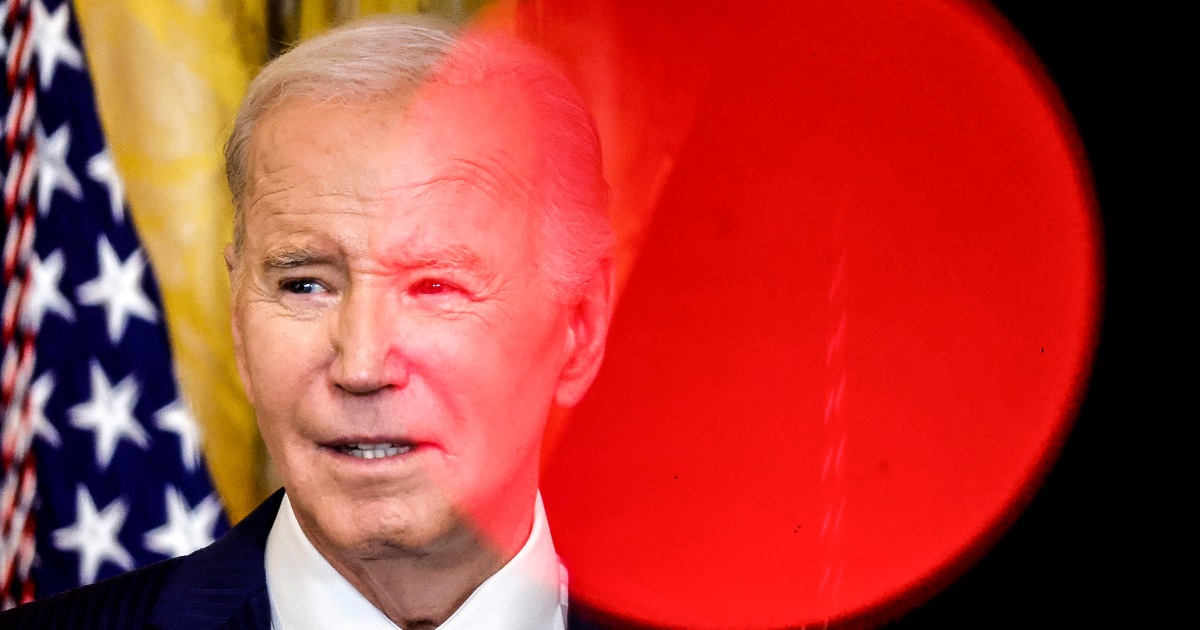Brazil: Court Bans Deepfakes in Political Campaigns

The Facts
Brazil's highest electoral court has approved a resolution outlining rules for using artificial intelligence (AI) in political campaigning, including an absolute ban on AI-generated deepfakes, ahead of the October municipal elections.
The use of chatbots and avatars to support election campaigns has also been restricted to prevent the simulation of interactions with candidates or any other real person. In addition, identification labels must be used for authorized AI or synthetic multimedia content.
The Spin
Pro-establishment narrative
Online disinformation has long been a factor influencing the outcome of elections around the world. However, deepfakes may prove to be a game changer for democracies — particularly at the local level, as the collapse of local journalism makes it harder to check information and debunk false content. This resolution will help Brazilian electoral authorities address this threat.
Establishment-critical narrative
While AI has facilitated the spread of disinformation, the effect of such campaigns in influencing votes is less than typically assumed — especially in highly polarized environments such as the one in Brazil. And while it's right to say that AI can contribute to distrust in election results, overreacting with panic and alarmism about this technology can produce the same or an even worse outcome.


